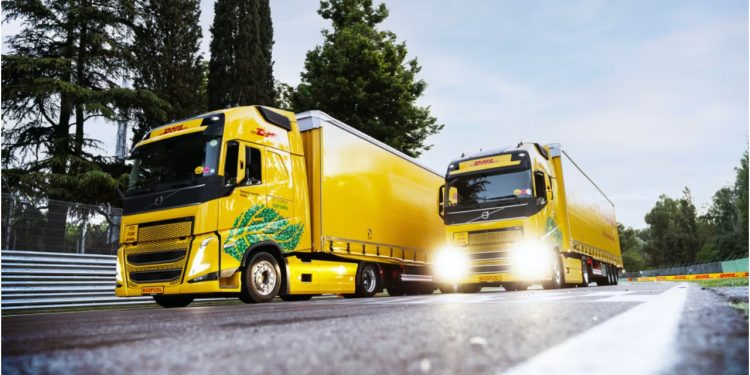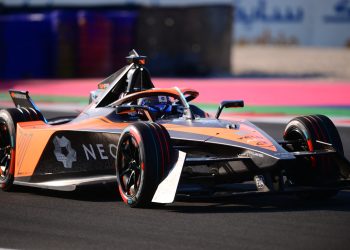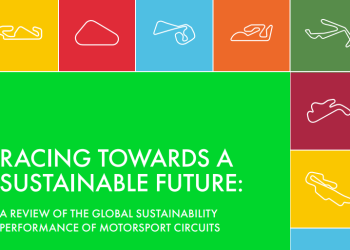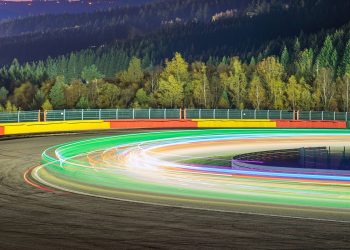Formula 1 together with its official logistics partner DHL announced an innovative initiative for the 2023 season in terms of reducing carbon emissions, as during the European races, the delivery of supplies is carried out by a fleet of trucks powered exclusively by biofuels.
This measure translates into at least a 60% reduction in carbon emissions compared to traditional fuels, with the potential for even greater savings from a fleet of 18 state-of-the-art trucks powered by HVO100 (hydrotreated vegetable oil) direct fuel.
“Each truck can carry up to 40 tons and travel up to 3500 kilometers per 1000 liter tank. For the European leg they run entirely on HVO100, second-generation biofuel that meets the EN15940 standard for kerosene fuels, as well as a direct replacement fuel,” says Paul Fowler, Logistics Manager at DHL Motorsport.
Related content: Can Sustainability Promote the Arrival of Female Drivers in Formula 1?
Cutting-edge Technology
These vehicles will travel approximately 10,600 kilometers during the European races of the 2023 season, marking an important step towards more sustainable transportation in the world of Formula 1.
“We are a sport that operates on a global scale where DHL plays a key role in the delivery of the races, as it helps us address the logistical impact we have as a world championship,” says Ellen Jones, Head of ESG at Formula 1.
Likewise, Formula 1 and DHL have taken a new step towards sustainability with these trucks, which are part of the sport’s efforts to achieve Net Zero by 2030 goal, where the partnership between the two entities has served as a major step towards a more sustainable category.
Finally, other initiatives between the two parties include the transition to a larger remote transmission operation, and redesigning cargo containers to accommodate Boeing 777 aircraft, resulting in an 18% reduction in carbon emissions compared to traditional 747 aircraft.
Written by | Ronald Ortega



















